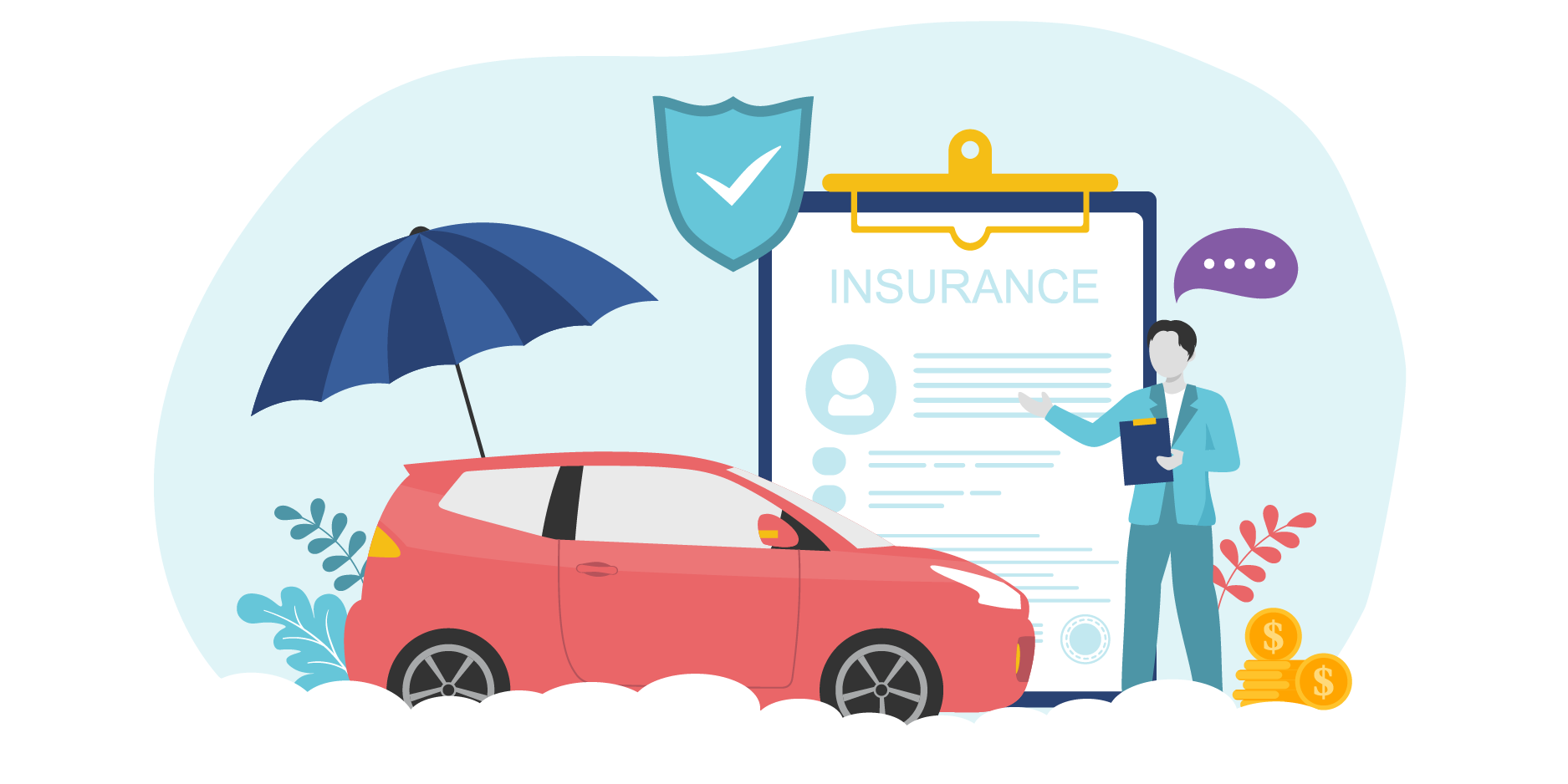Introduction
- Definition of car insurance
- Importance of having car insurance
Section 1: Types of Car Insurance Policies
- H2: Liability Coverage
- H3: Bodily Injury Liability
- H3: Property Damage Liability
- H2: Collision Coverage
- H2: Comprehensive Coverage
- H2: Personal Injury Protection (PIP)
- H2: Uninsured/Underinsured Motorist Coverage
Section 2: Requirements and Laws
- H2: State Requirements
- H2: Minimum Coverage Limits
- H2: Penalties for Driving Without Insurance
Section 3: Factors Influencing Car Insurance Premiums
- H2: Driving Record
- H2: Vehicle Type
- H2: Age and Gender
- H2: Location
- H2: Credit Score
Section 4: Choosing the Right Car Insurance Policy
- H2: Assessing Coverage Needs
- H2: Comparing Quotes
- H2: Reviewing Policy Details
Section 5: Conclusion
- Summary of key points
- Importance of selecting the right car insurance policy
FAQs About Car Insurance Policies
- What is the difference between collision and comprehensive coverage?
- Do I need uninsured motorist coverage if I already have health insurance?
- How can I lower my car insurance premiums?
- Is it mandatory to have car insurance in every state in the US?
- What should I do if I get into an accident with an uninsured driver?
Car insurance in the United States is a crucial aspect of vehicle ownership, providing financial protection against various risks on the road. Understanding the intricacies of car insurance policies can help drivers make informed decisions about their coverage needs.
Types of Car Insurance Policies
Liability Coverage Liability coverage is essential in car insurance policies, encompassing two main components: bodily injury liability and property damage liability. Bodily injury liability covers medical expenses and lost wages for other parties injured in an accident you caused, while property damage liability covers the cost of repairing or replacing damaged property.
Collision Coverage Collision coverage pays for repairs to your own vehicle in case of an accident, regardless of fault.
Comprehensive Coverage Comprehensive coverage protects against non-collision incidents such as theft, vandalism, or natural disasters.
Personal Injury Protection (PIP) PIP covers medical expenses and sometimes lost wages for you and your passengers, regardless of fault.
Uninsured/Underinsured Motorist Coverage This type of coverage protects you if you’re involved in an accident with a driver who has insufficient or no insurance.
Requirements and Laws
Each state in the US has its own car insurance requirements, including minimum coverage limits that drivers must adhere to. Driving without insurance can lead to severe penalties, including fines, license suspension, or vehicle impoundment.
Factors Influencing Car Insurance Premiums
Several factors influence how much you pay for car insurance, including your driving record, type of vehicle, age, gender, location, and credit score. Drivers with a history of accidents or traffic violations typically face higher premiums.
Choosing the Right Car Insurance Policy
When selecting a car insurance policy, it’s crucial to assess your specific coverage needs. Consider factors such as the value of your vehicle, your budget, and any additional financial protection you may require. Start by obtaining quotes from multiple insurance providers to compare coverage options and premiums. This allows you to make an informed decision based on your individual circumstances.
Reviewing policy details is equally important. Pay attention to deductibles, coverage limits, exclusions, and any additional benefits offered by the insurer. Understanding these aspects ensures you’re adequately protected in various scenarios, from minor fender benders to major accidents.
Conclusion
Understanding the nuances of car insurance policies in the USA is essential for all drivers. By choosing the right coverage and understanding state requirements, drivers can protect themselves financially and legally in case of unforeseen accidents.
FAQs About Car Insurance Policies
- What is the difference between collision and comprehensive coverage? Collision coverage pays for damage to your vehicle in an accident, while comprehensive coverage covers non-collision incidents like theft or vandalism.
- Do I need uninsured motorist coverage if I already have health insurance? Yes, uninsured motorist coverage helps cover medical expenses for you and your passengers if the at-fault driver lacks sufficient insurance.
- How can I lower my car insurance premiums? You can lower premiums by maintaining a clean driving record, opting for higher deductibles, and taking advantage of discounts offered by insurers.
- Is it mandatory to have car insurance in every state in the US? Yes, most states require drivers to carry a minimum amount of car insurance coverage.
- What should I do if I get into an accident with an uninsured driver? Contact your insurance company immediately and consider legal options if the uninsured driver cannot cover damages.
